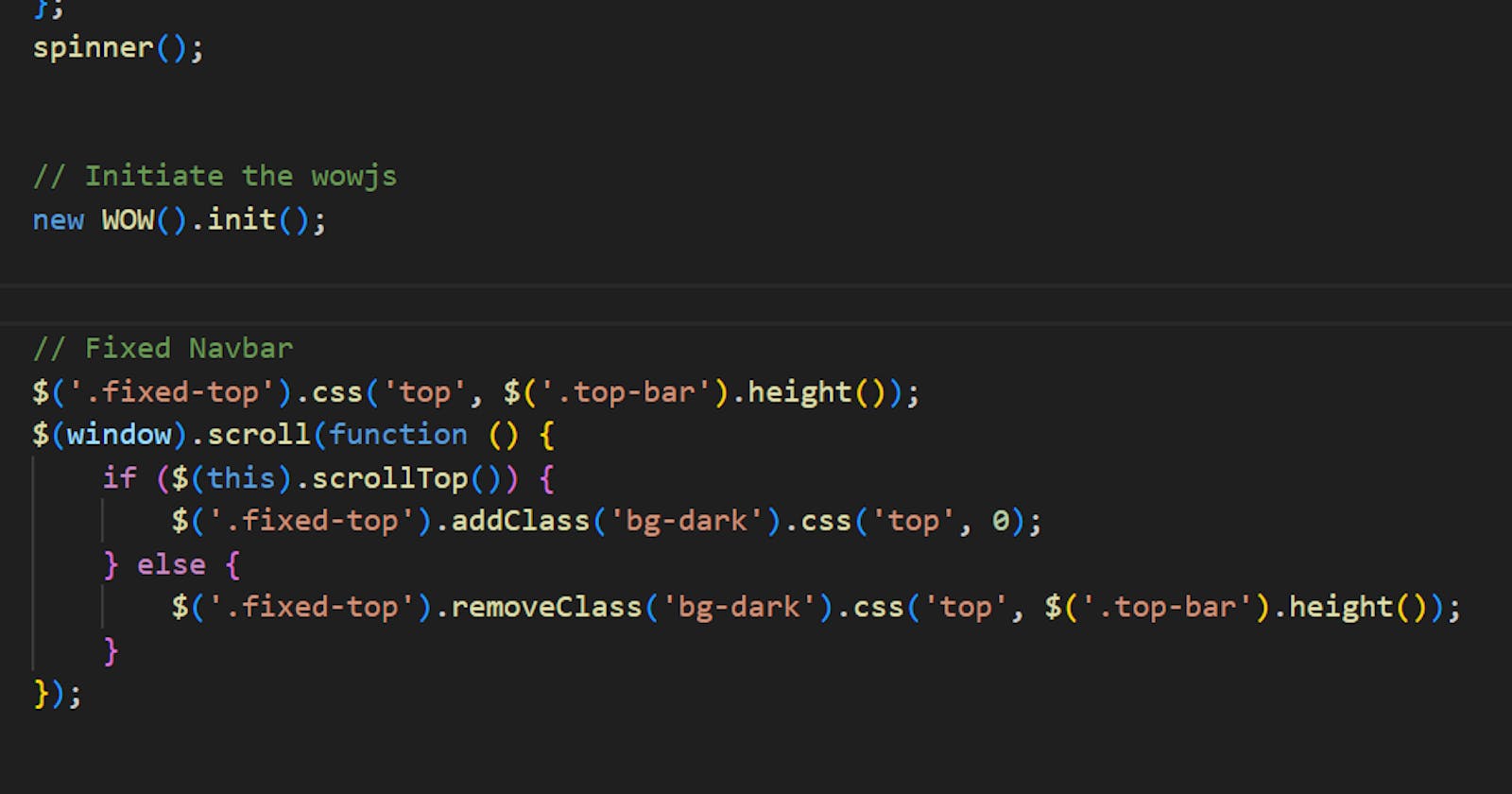JavaScript is a versatile and powerful programming language that plays a vital role in modern web development. As a beginner, diving into the world of JavaScript can be exciting yet overwhelming. To help you start on the right foot and build a strong foundation, we've compiled five essential JavaScript tips that will set you on the path to becoming a proficient JavaScript developer.
1. Understand the Fundamentals: Before exploring advanced JavaScript concepts, it's crucial to grasp the fundamentals thoroughly. Start by learning about variables, data types, functions, loops, and conditional statements. Understanding these building blocks will make it easier to tackle more complex concepts later on. Take the time to practice and experiment with simple code examples to reinforce your understanding.
javascriptCopy code// Example: Variables and Basic Math Operations
let x = 5;
let y = 10;
let sum = x + y;
console.log(sum); // Output: 15
2. Embrace Modern JavaScript (ES6+): JavaScript has evolved significantly with the introduction of ECMAScript 6 (ES6) and later versions. Embrace the latest features and syntax improvements as they enhance readability and productivity. Familiarize yourself with arrow functions, let and const declarations, spread operators, template literals, and destructuring assignments, among others.
javascriptCopy code// Example: Arrow Function and Template Literal
const greet = (name) => `Hello, ${name}!`;
console.log(greet('John')); // Output: "Hello, John!"
3. Practice Modular Code and Functions: JavaScript allows you to break your code into smaller, reusable pieces called functions. Embrace the concept of modularity to make your code more organized and easier to maintain. Functions help avoid code duplication and promote a more efficient development workflow.
javascriptCopy code// Example: Function to Calculate the Area of a Rectangle
function calculateArea(width, height) {
return width * height;
}
console.log(calculateArea(5, 10)); // Output: 50
4. Handle Asynchronous Operations Gracefully: In JavaScript, many tasks are asynchronous, like fetching data from an API or reading files. Embrace asynchronous programming using callbacks, promises, or async/await to ensure smooth execution of tasks without blocking the main thread. This prevents unresponsive user interfaces and improves the overall user experience.
javascriptCopy code// Example: Fetch API with Async/Await
async function fetchData(url) {
try {
const response = await fetch(url);
const data = await response.json();
console.log(data);
} catch (error) {
console.error('Error fetching data:', error);
}
}
5. Debugging and Error Handling: No matter how skilled you become, encountering bugs is inevitable. Learning to debug and handle errors effectively is a crucial skill. Use browser developer tools and console.log() statements to inspect variables and trace issues. Additionally, implement error handling to provide graceful fallbacks when something goes wrong.
javascriptCopy code// Example: Error Handling with Try-Catch
try {
// Code that might throw an error
const result = 10 / 0;
console.log(result);
} catch (error) {
console.error('An error occurred:', error);
}
By embracing these essential JavaScript tips, you'll establish a strong foundation to tackle more advanced topics in the future. Remember that consistent practice and building real-world projects are key to becoming a proficient JavaScript developer. Happy coding!

